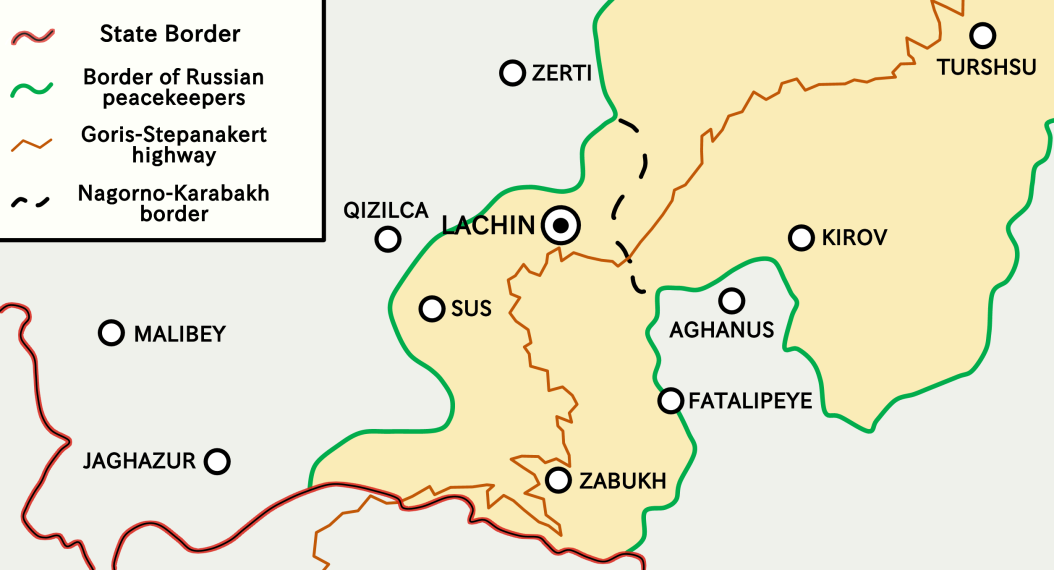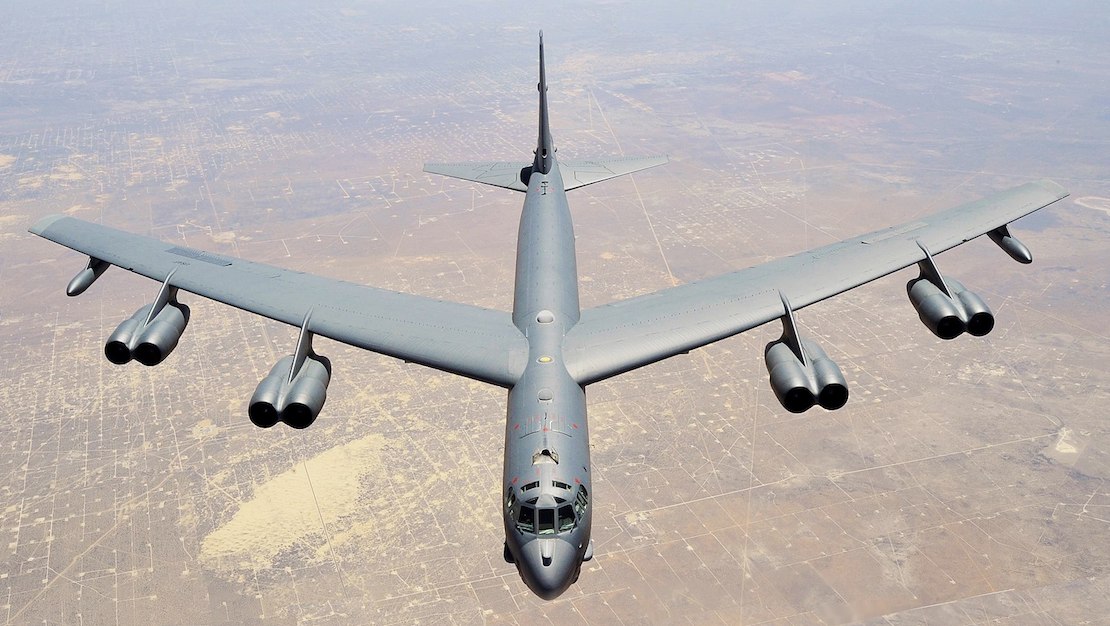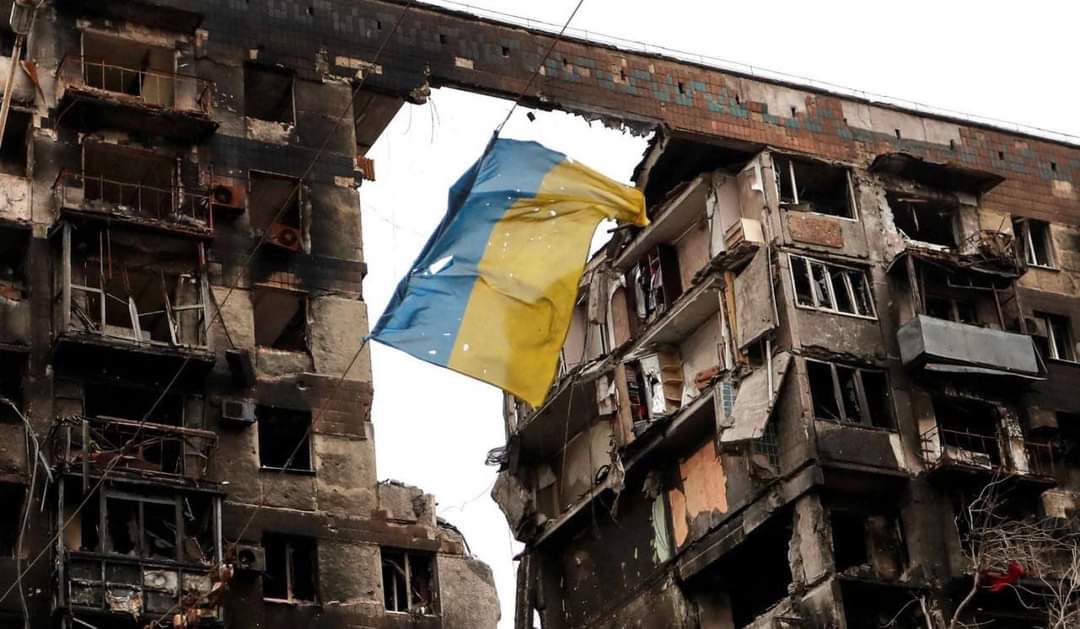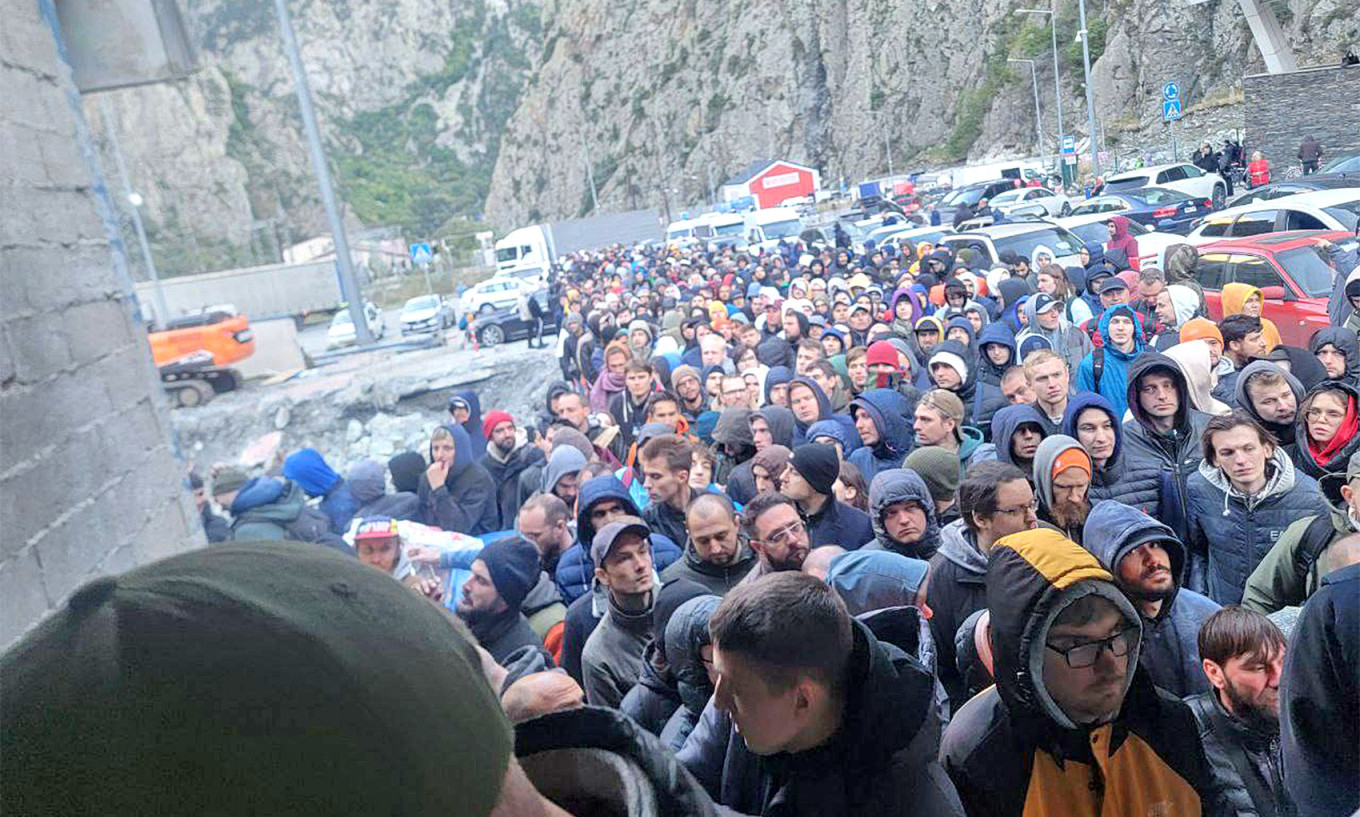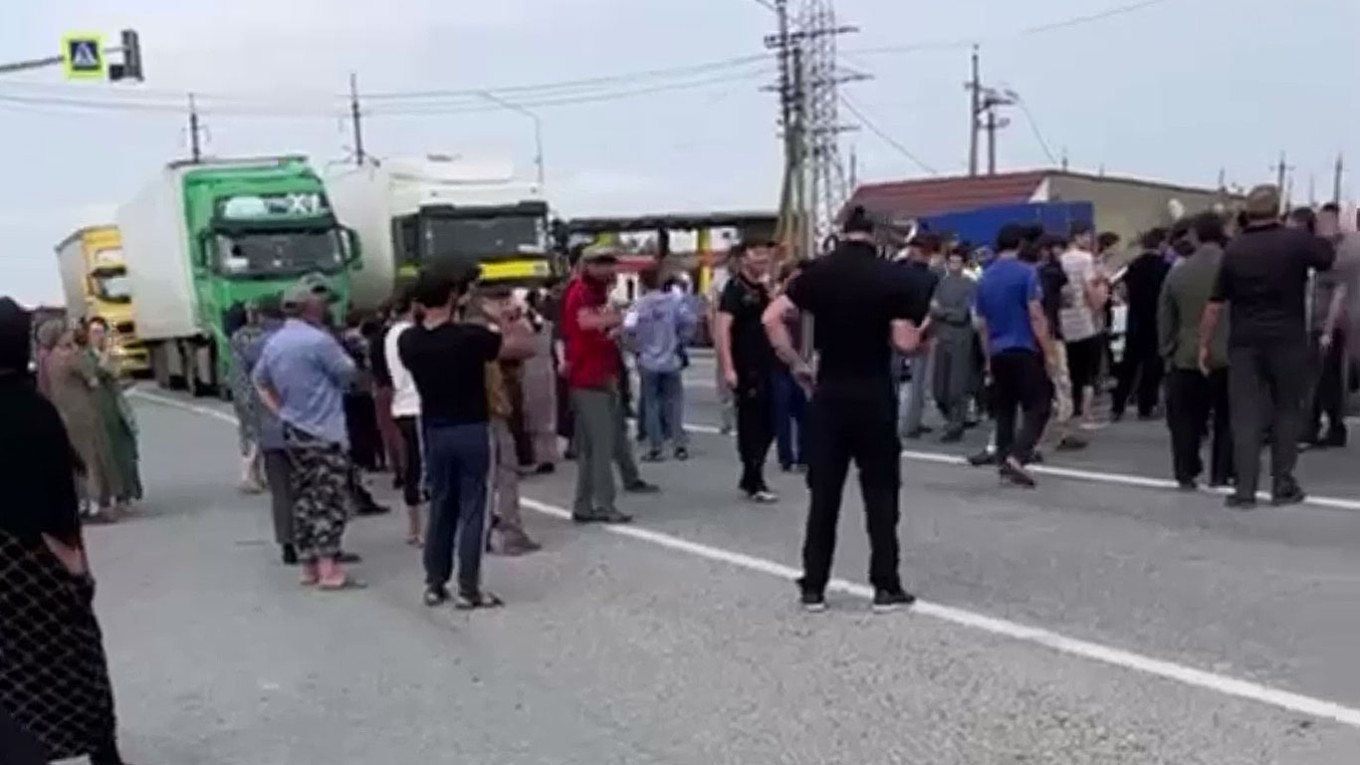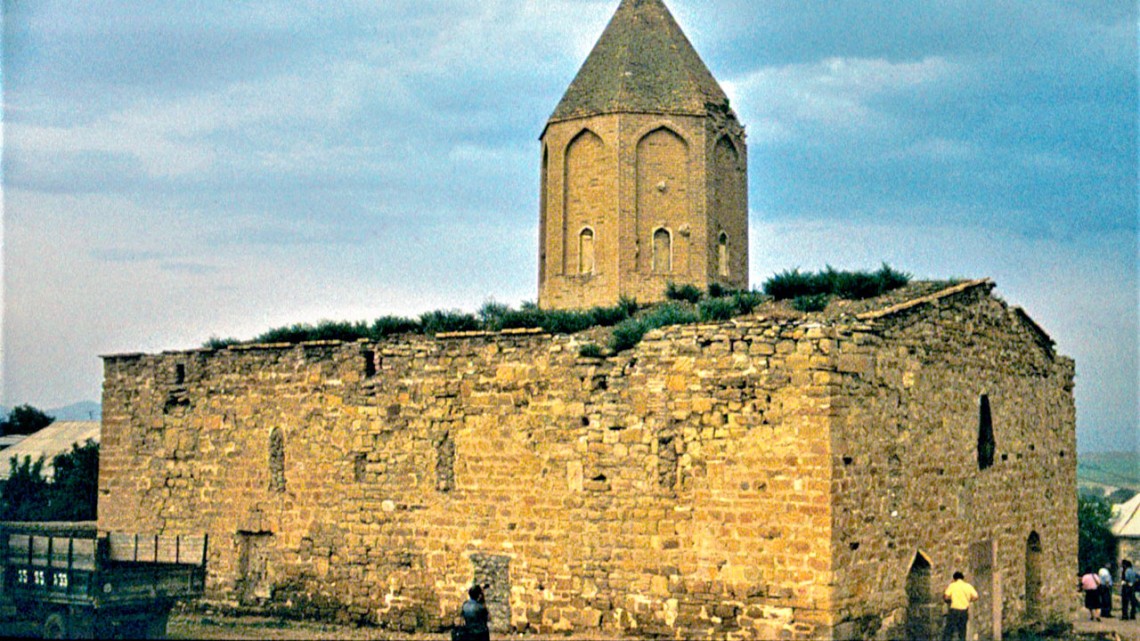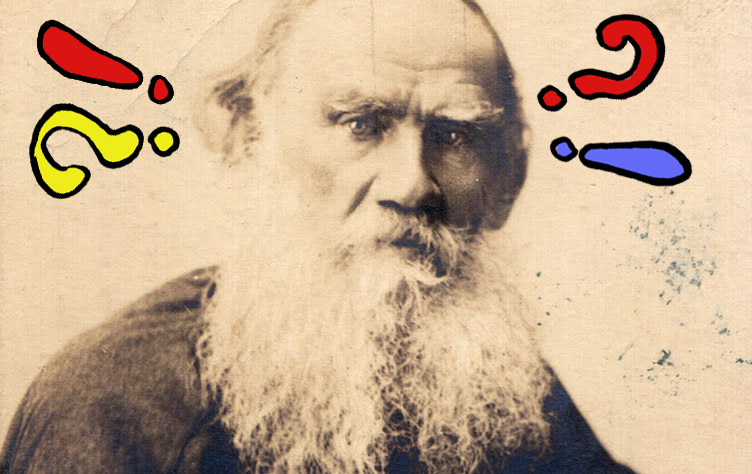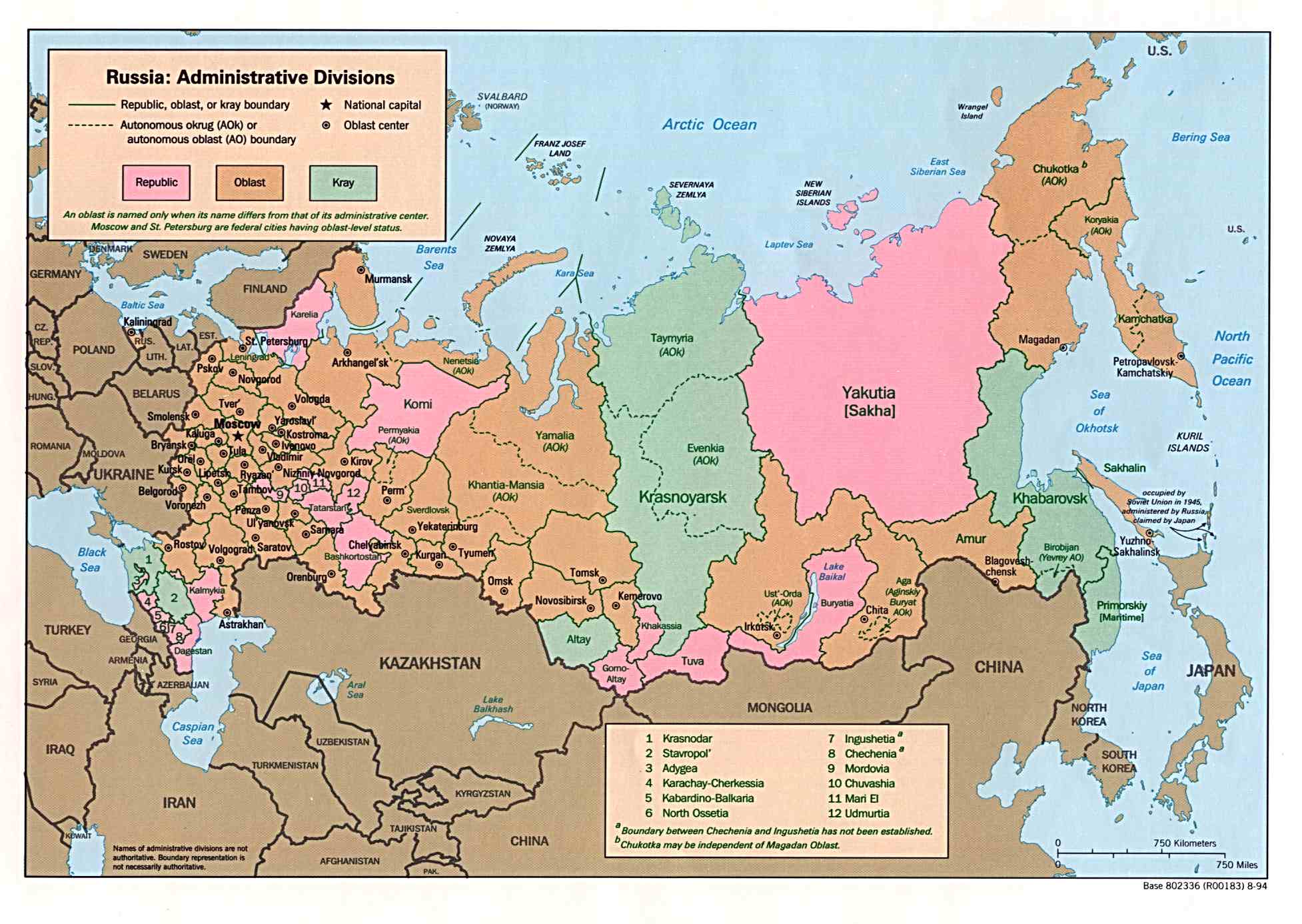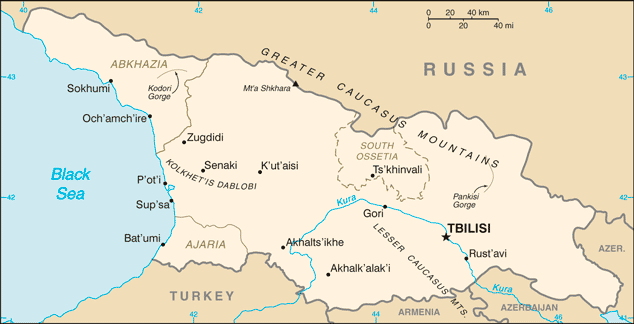
Russia ordered to pay damages for Georgia conflict
The European Court of Human Rights (ECHR) ordered Russia to pay 130 million euros ($143 million) in compensation to Georgia, almost 15 years after the war in the South Caucasus nation. The case concerns allegations by the Georgian government that actions by the Russian Federation during the 2008 conflict amounted to breaches of the European Convention on Human Rights, including ethnically targeted killings and arbitrary detention of civilians. The ECHR found that there is still a basis to make an award under the Convention, despite the fact that Russia has ceased its membership in the Council of Europe, and failed to cooperate with the proceedings. (Map: PLC)



